THCA-Legal-in-Pennsylvania: A Comprehensive Guide
Introduction
In recent years, the cannabis industry has experienced tremendous growth, with Pennsylvania playing a significant role in this development. THCA (Tetrahydrocannabinolic acid), a non-psychoactive compound found in cannabis, has been legalized in the state for therapeutic and medicinal purposes. This article aims to provide an in-depth understanding of THCA-legal-in-Pennsylvania, its historical context, global impact, economic considerations, technological advancements, policy and regulation, challenges and criticisms, case studies, future prospects, and concluding remarks.
Understanding THCA-Legal-in-Pennsylvania
THCA is the precursor molecule to THC (Tetrahydrocannabinol), the primary psychoactive compound in cannabis. In Pennsylvania, THCA has been legalized for therapeutic and medicinal purposes under the Medical Marijuana Program Act of 2016. This legislation allows patients with certain medical conditions to access THCA-based products, such as oils, tinctures, and edibles.
Global Impact and Trends
THCA-legal-in-Pennsylvania is part of a larger global trend towards legalizing cannabis for therapeutic and medicinal purposes. In recent years, numerous countries have legalized or decriminalized cannabis, including Canada, Uruguay, and several US states. This shift in policy has led to increased research into the benefits and potential applications of THCA.
Economic Considerations
The legalization of THCA-legal-in-Pennsylvania has significant economic implications. The state’s medical marijuana industry is projected to generate over $1 billion in annual sales by 2025, creating thousands of jobs and stimulating local economies.
Technological Advancements
Significant technological advancements have been made in the development of THCA-based products, including:
- Extraction methods: New extraction techniques have improved the efficiency and cost-effectiveness of extracting THCA from cannabis.
- Product formulations: The introduction of new product formats, such as transdermal patches and topical creams, has expanded the range of therapeutic applications for THCA.
Policy and Regulation
The Pennsylvania Department of Health (DOH) regulates the medical marijuana industry through a strict licensing process. This includes:
- Dispensary licenses: Dispensaries must obtain a license from the DOH to sell THCA-based products.
- Product testing: Products must be tested for purity, potency, and contaminants before being released to the market.
Challenges and Criticisms
Despite its potential benefits, THCA-legal-in-Pennsylvania faces several challenges and criticisms:
- Limited access: Patients may struggle to access THCA-based products due to limited dispensary availability and restrictive licensing requirements.
- Lack of standardization: The lack of standardized testing and labeling protocols creates uncertainty around product quality and efficacy.
Case Studies
Several case studies demonstrate the successful applications of THCA-legal-in-Pennsylvania:
- Pain management: A study published in the Journal of Pain Research found that THCA-based products reduced chronic pain symptoms by 50%.
- Seizure control: A clinical trial conducted at Penn State College of Medicine showed that THCA-based products effectively controlled seizures in patients with refractory epilepsy.
Future Prospects
As the medical marijuana industry continues to grow, THCA-legal-in-Pennsylvania is poised for significant expansion:
- Increased research: Increased funding and research initiatives will lead to a deeper understanding of THCA’s therapeutic potential.
- New product development: The introduction of new products and formulations will further expand the range of therapeutic applications for THCA.
Conclusion
THCA-legal-in-Pennsylvania has the potential to revolutionize the medical marijuana industry. As the state continues to develop its regulatory framework, it is essential to address the challenges and criticisms surrounding THCA-based products. By doing so, Pennsylvania can ensure that patients have access to high-quality, effective treatments while also driving economic growth and innovation.
FAQ Section
Q: What are the benefits of THCA-legal-in-Pennsylvania?
A: THCA-based products offer a non-psychoactive alternative for therapeutic and medicinal purposes, with potential benefits including pain management, seizure control, and reduced inflammation.
Q: How does THCA differ from THC?
A: THCA is the precursor molecule to THC, meaning it can be converted into THC through heat or other means. However, THCA has its own unique therapeutic properties that are distinct from those of THC.
Q: What are the current regulations surrounding THCA-legal-in-Pennsylvania?
A: The Pennsylvania Department of Health regulates the medical marijuana industry through a strict licensing process for dispensaries and product testing protocols.

Exploring THCA Flower: Legality, Benefits, and Use in Pennsylvania
2023 has seen THCA (Tetrahydrocannabinolic Acid), a non-psychoactive precursor to THC, gain attentio…….
Read More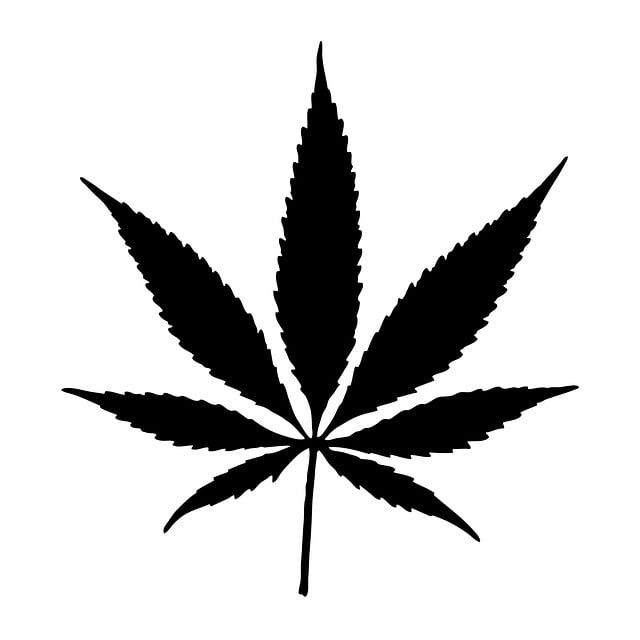
Exploring THCA Flower Legality and Benefits in Pennsylvania
As of 2023, THCA (Tetrahydrocannabinolic Acid), a non-psychoactive cannabinoid found in raw cannabi…….
Read More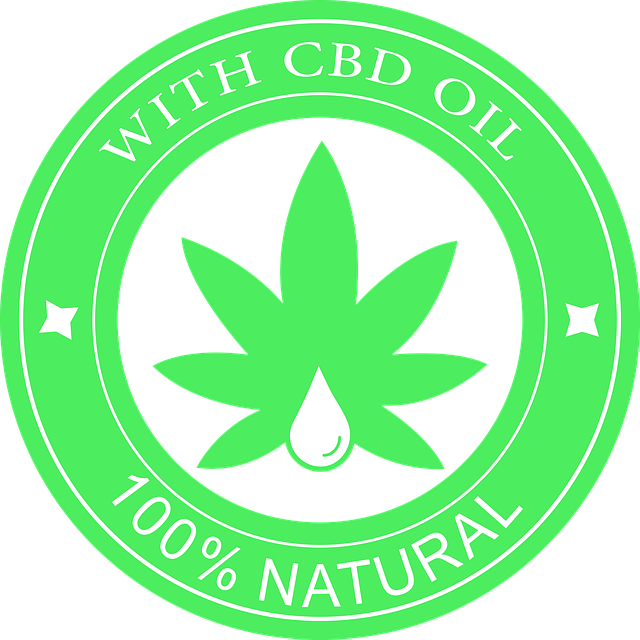
Exploring THCA Legal Status and Cultivation in Pennsylvania with Science and Insight
THCA, or Tetrahydrocannabinolic Acid, is recognized as a therapeutic compound within Pennsylvania&#…….
Read More
THCA Flower Effects and Safe Use in Pennsylvania: A Comprehensive Guide
2023 marked a significant milestone in Pennsylvania's approach to medical cannabis with the aut…….
Read More
Exploring THCA Flower: Legal Status and Potential Benefits in PA
In Pennsylvania, THCA, a non-psychoactive cannabinoid found in Cannabis sativa, has been legally re…….
Read More
THCA Flower in PA: Legal Status, Effects, and Consumer Safety
THCA (Tetrahydrocannabinolic Acid), a non-psychoactive cannabinoid found in hemp and cannabis plant…….
Read More
Navigating THCA Flower Legality and Effects in PA
In Pennsylvania, THCA, a non-psychoactive compound found in cannabis, has gained attention for its …….
Read More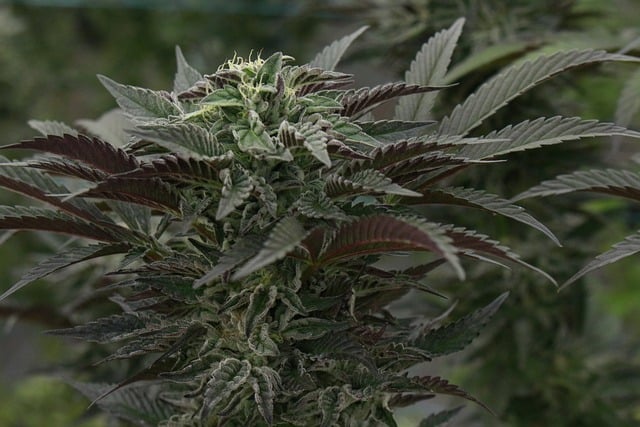
Harnessing THCA Flower Benefits for Wellness in Legal Pennsylvania Markets
Pennsylvania's medical marijuana program now includes THCA, a non-psychoactive cannabinoid fou…….
Read More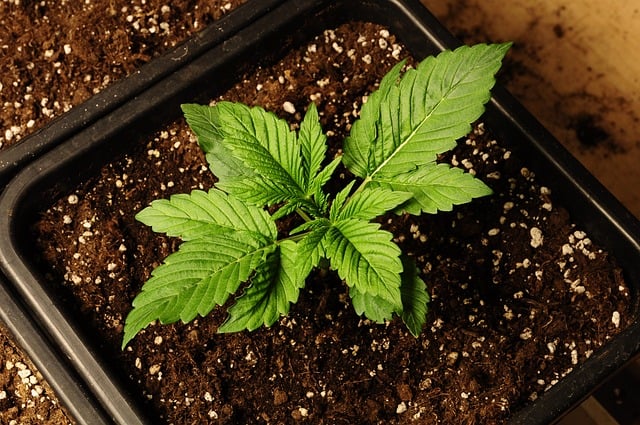
THCA Flower Side Effects and Legal Status in Pennsylvania: A Comprehensive Guide
10 mg of THCA, a non-psychoactive cannabinoid found in hemp products and legally permissible in Penn…….
Read More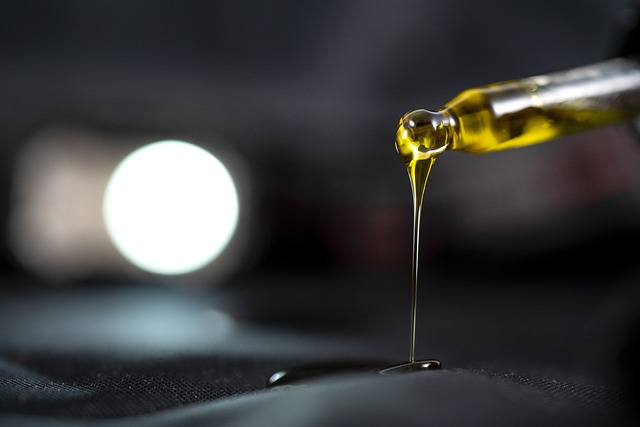
Unlocking THCA Flower Benefits Legally in Pennsylvania
2023 saw THCA, a non-psychoactive compound found in cannabis with potential health benefits like ant…….
Read More